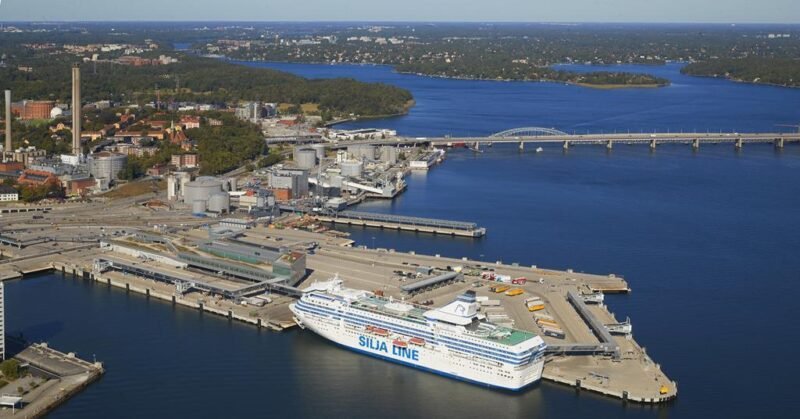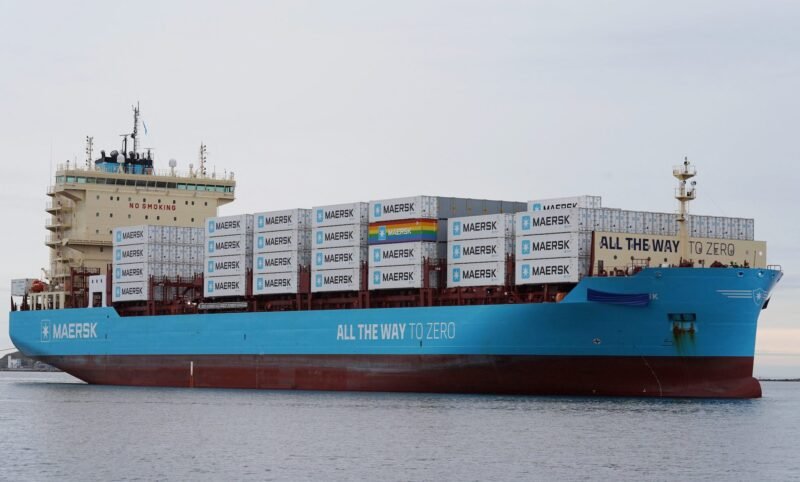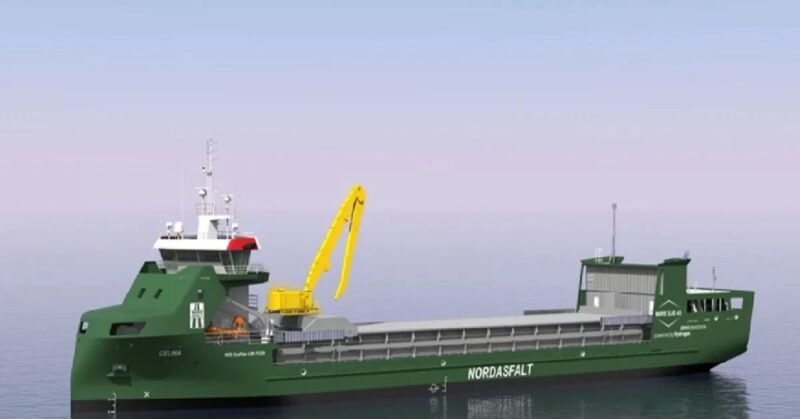The autonomous electric ferry MF Estelle, constructed by Norway’s Brødrene Aa, successfully completed its journey between two major islands in central Stockholm, showcasing the potential for unmanned sustainable transport. The ferry, fully operational since its launch in June 2023, was remotely operated from Trondheim, Norway, located 600 kilometers away from Stockholm. This demonstration marked a significant milestone in autonomous shipping technology, with plans to eventually transition to fully self-driving operations.
MF Estelle, owned by Norway’s Torghatten Midt, boasts a sustainable design with features such as carbon fiber construction for energy efficiency and an autonomous navigation system developed by the Norwegian University of Science and Technology. Equipped with a propulsion system powered by electricity from onboard solar panels, the ferry incorporates advanced technology including radar, lidar, cameras, ultrasonic sensors, AI, and GPS for navigation and environmental scanning. The goal is to eventually have the ferry operate autonomously with remote monitoring from land.
In addition to the innovative features of MF Estelle, the project has attracted interest and collaboration from various organizations. Zeabuz, a provider of autonomous solutions, is leading the initiative in Stockholm, aiming to revolutionize urban mobility through waterway transportation. Plans for two-way communication with the ferry, enabled by 5G technology, are in development, with Zeabuz partnering with Swedish network provider Tele2 for this purpose. The successful deployment of MF Estelle marks a significant step forward in sustainable and autonomous transportation solutions, with potential applications beyond ferry operations.


















